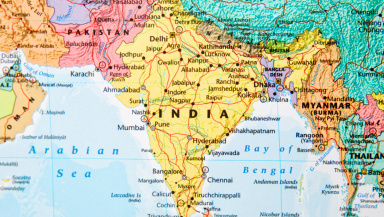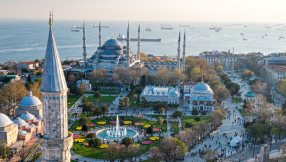
Extremist Hindu nationalists in India are so hostile towards Christianity that they seem determined to persecute even the dead, latest reports from the country suggest.
A Christian man from the Indian state of Chhattisgarh died on 5 November. What followed next was a protracted struggle between Christians seeking to lay one of their own to rest, and Hindu extremists exercising “deep-rooted prejudice”, Christian Solidarity Worldwide (CSW) reports.
The man who, who remains unnamed due to security concerns, died in his ancestral village of Kodekhursi, Kanker District.
Despite his long standing connections to the town, local Hindus refused permission for the man to be buried within the village boundaries and even in his family’s own plot of land.
The police refused to take action, meaning he could not be buried. In protest and as an appeal for action, the man’s remains were placed outside the police station.
Local authorities still refused to uphold the rights of the Christian community and suggested that the man be buried somewhere else.
Taking this advice, the Christian community decided to take the body to another town, Charama, for burial.
Even then however, the extremists were not placated. A funeral procession departed to Charama under police escort and for around a kilometre, the procession was chased by Hindu activists before eventually being dispersed. Due to the constant threats, the family ended up travelling nearly 200km to bury the man in the state capital of Raipur.
Mervyn Thomas, Founder President of CSW, is calling on the authorities to launch an inquiry.
"No family should ever be subjected to such humiliation and danger while carrying out a sacred final rite," he said.
“This incident exposes not only a deep-rooted prejudice but also a troubling pattern of administrative failure to protect the rights of India’s most vulnerable tribal Christian citizens.
"We call on the state authorities to conduct an impartial enquiry into the matter and take concrete measures to safeguard the constitutional freedom of all communities, ensuring that no one is denied the basic dignity of burying their loved ones.”













